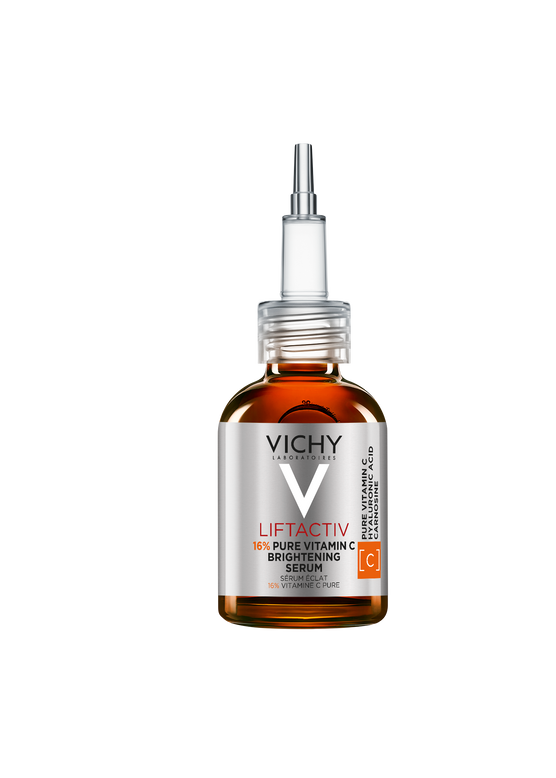
LIFTACTIV 16% PURE VITAMIN C BRIGHTENING SERUM
FIGHT 1ST AGEING SIGNS DUE TO DAILY LIFESTYLE STRESSORS
FIGHT 1ST AGEING SIGNS DUE TO DAILY LIFESTYLE STRESSORS
Correct dark spots & even skin tone
Skin strengthening hydration
Helps maintains the microbiome & eliminates dandruff.
Reduces hair loss due to breakage.
Increase the number of your hair
72Hrs odor & humidity protection even for extreme perspiration. Optimal tolerance even for sensitive skin.
48Hrs odor & humidity protection even for intense perspiration. Optimal tolerance even for sensitive skin.